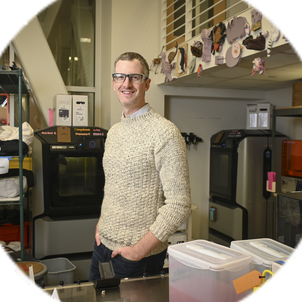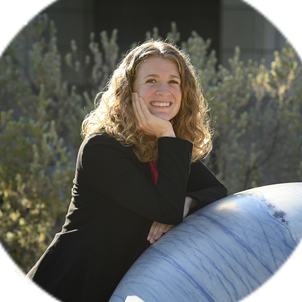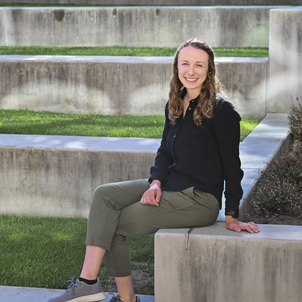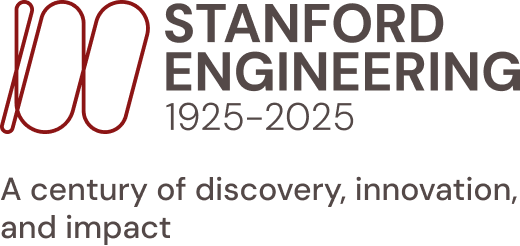My uncle was the general manager of radio and television stations, and as a little kid I’d go to work with him and meet the disc jockeys and the anchors who read the news. When I got older, I became a professional cricket player, and in the off-season, I worked at a steel mill. It was dangerous, and my dad was the one who eventually suggested I go to the U.S. I lived with a cousin for a while, but we eventually got evicted, and that led to some tough days, some hungry days. I lived for a time in my church’s storage room and started working with the Oakland Food Bank, delivering around the neighborhoods. That’s where I got to see the impoverished parts of urban America, the drugs, and kids with broken families. It shaped my understanding of where I lived, and the different dichotomies around the Bay Area.
I cobbled together college classes while working at night in an auto assembly factory, and eventually got an internship at CBS television in San Francisco. That led to a job here at the Stanford Center for Professional Development (SCPD), when Mike Rouan, who now works at the Stanford Center for Teaching and Learning, decided to take a chance on me.
Today I work with faculty, instructional designers, and program managers to turn their creative topics or curriculums into online courses. The professors come in and record the material, then we sometimes add animation or graphics and divide the recording into modules. We also work with organizations around the world. My favorite part of this work is everything I’ve learned – about running an organization, finance, product management, product development. I often joke that I’m the most educated uncredited person on the planet. I also love experiencing the humility of great people. I’ve met former U.S. Secretary of State Warren Christopher, Bill and Melinda Gates, and Mark Zuckerberg.
It’s motivating for me to be around brilliant people, and this work is important. When I first started at SCPD, I always used to remind the student workers who recorded our classes to remember that we’re making these videos for people who are likely also working, and probably using their lunch break to watch these courses. We’re impacting their future, and we might be helping someone who will one day become great and change the world with science, with education. That’s our role.
In the spring, I was honored to receive the School of Engineering's staff service award for Diversity & Inclusion. We started talking about race at the SCPD when George Floyd was murdered, and it never dawned on me that the things I knew about oppression, and lack of equity and equality, were things that others had never focused on or learned about. That changed my heart, and I felt the need to bring people along, to share how we could all make things different.
Today our staff, productions, and the people we produce are becoming more diverse. We’re also being direct in the things we need to address within our organization, and the leadership is always partnering with us. Coming together as one and working toward an inclusive environment for all is what’s required. I feel a responsibility to pave the way for those coming behind me.
Related spotlights

Dan Somen

Sonia Martin


